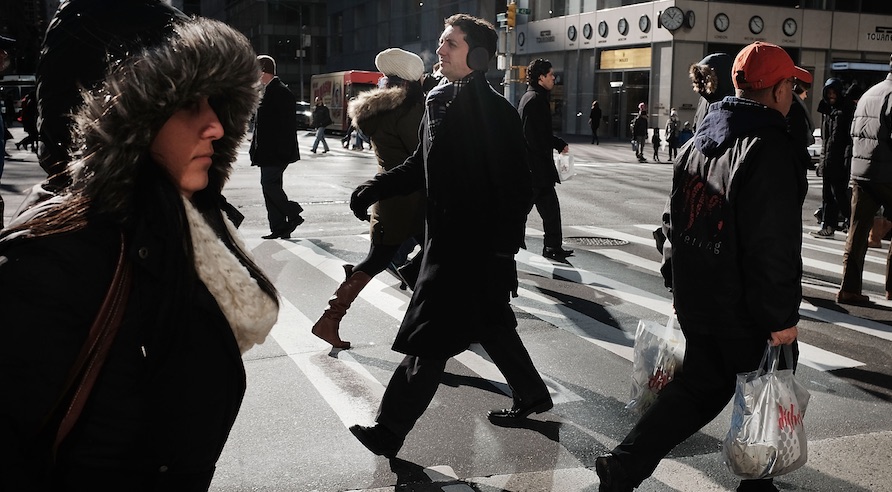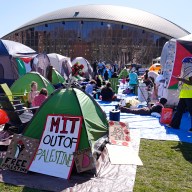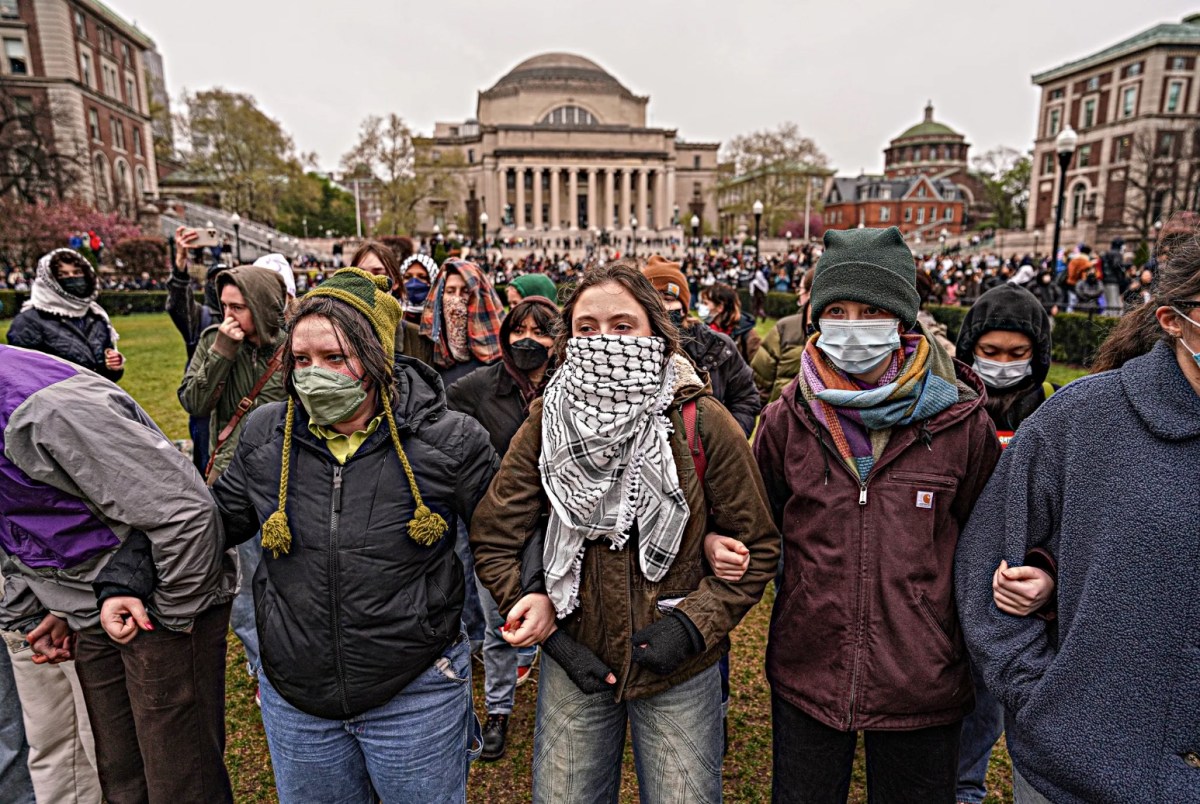Time to break out the down jackets, gloves and hats. An arctic cold front in New York City could bring record-breaking temperatures that fall into the 20s on Friday.
The National Weather Service issued a freeze warning and predicted a high temperature of just 37 degrees Friday and a low dipping into the upper teens to lower 20s. If temperatures do indeed fall into the 20s, it would break the previous record low of 30 degrees on Nov. 10, 1954.
New York City’s freeze warning will be in effect from 6 p.m. Friday to 8 a.m. Saturday, according to the NWS.
“A Freeze Warning means below freezing temperatures are imminent or highly likely. These conditions will kill crops and other sensitive vegetation,” the service said on its website.
The forecast is in stark contrast to Thursday’s weather, which was humid in the mid-50s. New York’s cold front will taper off over the weekend, with temperatures returning to the high 40s and 50s next week.
How do drastic temperature changes affect your health?
In 2015, a team of Yale University scientists claim they discovered why lower temperatures make us more likely to get sick — they weaken the nose’s first line of immune defenses.
A New York Times article explained how severe cold hampers natural defenses against the common cold.
”At body temperature, the cells responded with a sophisticated defense, sending out warning signals to uninfected cells around them,” the report said. “Those cells prepared an arsenal of antiviral proteins, which they used to destroy the rhinoviruses. But at a relatively cool 91.4 degrees Fahrenheit, Dr. Iwasaki and her colleagues found, things changed.”
”The neighboring cells only managed a weak defense, allowing the rhinoviruses to invade them and multiply,” the report continued. “This result pointed to an explanation for why rhinoviruses plague humans at low temperatures: In cool conditions, the immune system somehow falters.”
Also, it doesn’t help that people share air inside warm spaces while trying to dodge the cold; this could lead to more transmission of viruses, according to research.



















